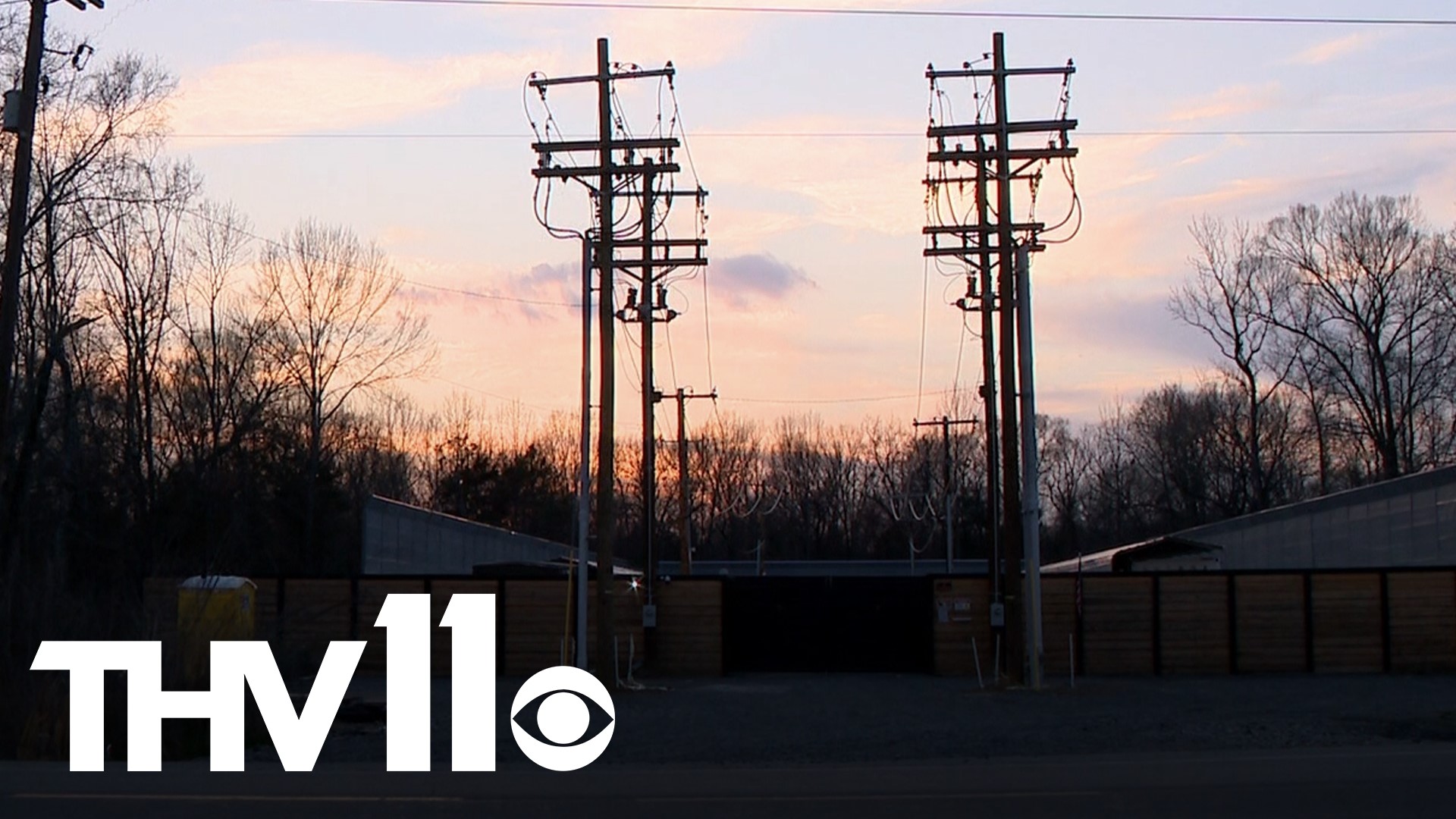GREENBRIER, Ark. — Arkansas lawmakers are now reacting to concerns about crypto-mining's noise level and its impact on the environment. This all comes about a year after the state gave further protections to crypto businesses.
Now, some lawmakers are reconsidering parts of a law that they once overwhelmingly supported.
Gladys Anderson lives near the crypto-mine in Greenbrier, and she explained the hassles of living near the crypto-mine.
"We moved out here to get away from all the busyness of town and for peaceful quiet living," she said. She also explained how it's been anything but quiet.
"I get headaches, [wake up] feeling drained, wake up in the middle of the night because your ears are ringing," she said.
The noise from the nearby crypto facility also further impacts her son with autism who is sensory sensitive.
"When we came back, he held his ears in the backseat. Screaming [and] balling for two hours," she said.
Anderson explained how the crypto-mine moved in right around the time when lawmakers passed Act 851 last year, protecting crypto-miners. Now with the noises here, some lawmakers want to take a second look at it.
As a Senate representative for Anderson and others near crypto-mines, last Thursday Senator Missy Irvin kicked off a study into crypto-mining's public health impacts.
“I think it was almost a unanimous vote in the legislature but I think if you look now, you have a lot of representatives and a lot of senators who want to reverse course,” Irvin explained.
She also explained that part of the motivation for the study were the health and environmental impacts.
"I'm also hearing from physicians, especially ear, nose, and throat surgeons, and people that are having hearing issues. It's affecting our wildlife, it's affecting our cattle," she added.
However, there have been some improvements such as Faulkner County putting in a noise ordinance and the crypto company, NewRays One, putting up sound walls to help lower the volume.
All of this comes alongside a lawsuit from neighbors like Anderson.
Surrounding the lawsuit, NewRays One shared a statement with us: "[NewRays} has taken significant steps to mitigate the alleged issues. NewRays has urged the plaintiffs to tell the court exactly what sound levels they claim to hear on their various properties. But so far, the plaintiffs have not done so."
"I don't know if filing lawsuits is the right answer. I don't know if packing up and moving is. I can't sell the place," Anderson said, "I don't know how this is gonna play out like I don't have many options. I'm kind of screwed."
The legislative study is expected to continue through 2025 before any changes are made to the law.

